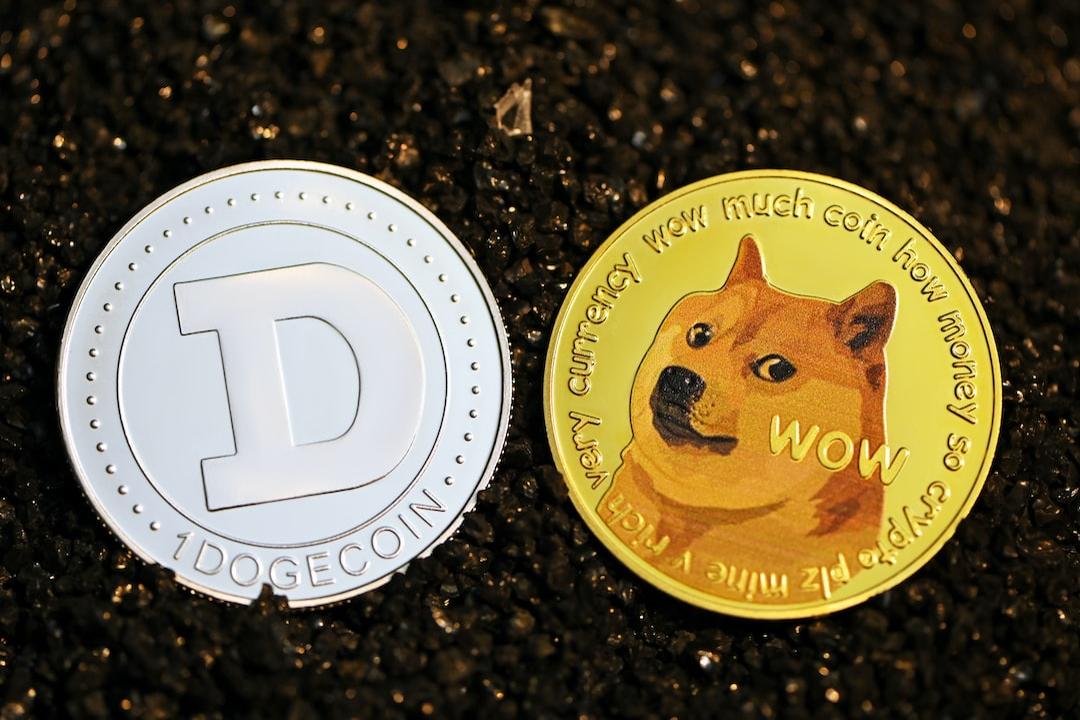The bustling city of Mumbai, known as the financial capital of India, has embarked on an innovative metaverse project to provide a sneak peek into its infrastructure developments.
Dubbed as the Mumbai Metropolis Metaverse, this new initiative offers 3D and virtual reality experiences showcasing both ongoing and future projects in and around the vibrant city. The main goal of the project is to offer a virtual tour of the city’s infrastructural advancements, including the introduction of new roads that stretch across the Arabian Sea to ease traffic congestion, improve connectivity, and promote cleaner air. The metaverse feature also includes plans for underground and undersea tunnels to enhance intra-city travel.
Deputy Chief Minister of Maharashtra, Devendra Fadnavis, officially launched the metaverse project on Feb. 19, using the social media platform X to invite users from around the globe to explore Mumbai’s transformation. The platform is accessible through its website and downloadable apps on Google and Apple app stores, allowing residents to virtually monitor the progress of major projects that impact their daily lives.
Fadnavis expressed his vision of surpassing the transport efficiency of cities like Bengaluru, Delhi, and Chennai within the next five years, with the aim of enabling city-wide travel within just 60 minutes. The Mumbai metaverse app is designed to showcase these advancements in an interactive and engaging manner to its users.
The metaverse is set to highlight 12 key projects, such as the Mumbai-Ahmedabad Bullet Train Corridor and the Mumbai Metro, marking a significant shift in redefining Mumbai’s urban landscape.
In a similar vein, India’s private sector has also been exploring the metaverse landscape. Maruti Suzuki India Limited, a prominent automobile manufacturer, has introduced ArenaVerse, a metaverse platform for its Arena showroom network. This platform allows users to interact with Maruti Suzuki vehicles in a virtual setting, providing a more immersive customer experience.
Furthermore, Taki, a Web3 token-powered social platform, is now in its beta phase, promising to reward content creators and users with $TAKI tokens for their engagement on the platform.
On a different note, the Indian central bank is exploring offline functionalities for its central bank digital currency (CBDC), the digital rupee, to facilitate transactions in areas with limited internet connectivity. This move by the Reserve Bank of India (RBI), announced during a Monetary Policy Committee review on February 8, aims to enhance the accessibility of the CBDC.
The RBI’s interest in blockchain technology is further highlighted by the National Payments Corporation Of India’s recent recruitment drive for blockchain specialists, showcasing a broader commitment to integrating blockchain solutions in financial technologies.
For more information, you can also read about China’s collaboration with Tencent, Huawei, and Ant Group for a metaverse working group.

